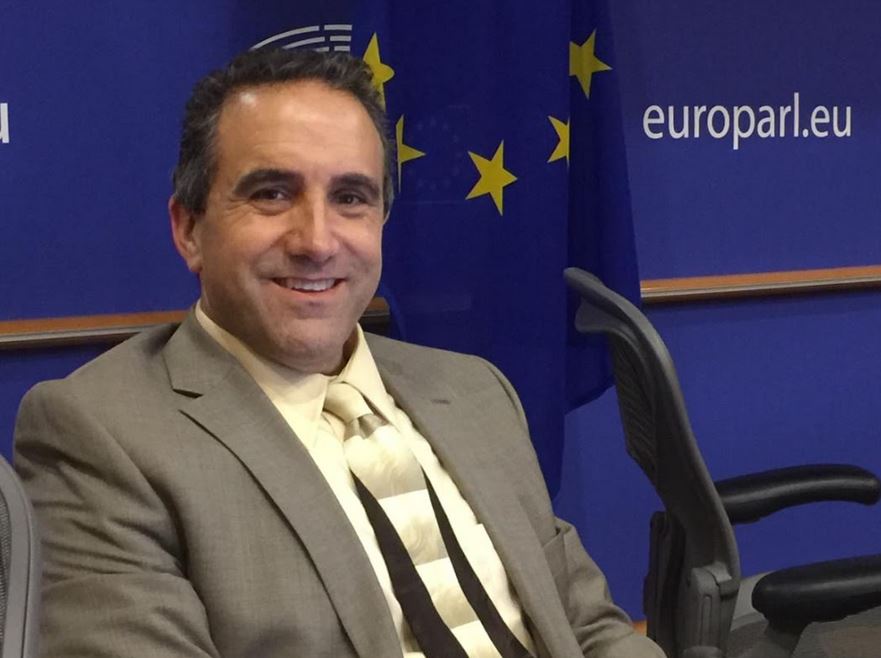After IPCC Report Fades, Climate Groups Ponder ‘What Now?’
http://www.thegwpf.org/after-ipcc-report-fades-climate-groups-ponder-what-now/
The warnings were dire, the consequences of inaction portrayed to be catastrophic and the proposed solutions made to seem within reach. Yet the U.N. Intergovernmental Panel on Climate Change’s compendium on global warming published April 13 — the body’s third in the past year — has already largely faded into the background of the American news cycle.
The next major climate report from the IPCC won’t come out for another four to seven years — if it’s approved at all. Meanwhile, though the vast majority of Americans claim they’d support limits on greenhouse gas emissions, even at some economic cost, surveys have shown that fewer and fewer citizens rank global warming as one of the nation’s top priorities.
Conservatives and industry groups have also kept up the push against tighter limits on greenhouse gases. The Environmental Protection Agency’s initiative to introduce stricter emissions regulations for power plants, for example, will lead to “higher electricity costs, lost jobs and a weaker economy,” said Laura Sheehan, senior vice president of communications for the American Coalition for Clean Coal Electricity, in a statement.
Taken together, all this raises a question for environmental advocates: Well, what now?
“There seems to be a debate going on on some level in the advocacy community about exactly what the right, next step is,” says Billy Pizer, a professor of public policy, economics and environment at Duke University’s Sanford School of Public Policy. “What do you do if you’re really passionate about this issue, what do you do if you want to see accelerated progress? How do you motivate people?”
Even within the IPCC itself, “they are evaluating internally if they will do this again,” an IPCC spokeswoman say. “Is this the same formula they want to pursue as an organization? Are there other ways to do this?”
It’s a question that’s bedeviled climate advocates for years, if not decades. How does one drum-up support for an issue that’s at once urgent and potentially calamitous, yet whose main effects won’t be felt for decades?
“I don’t see the IPCC report changing much as far as U.S. policy goes,” says David Konisky, a public policy professor at Georgetown University who studies environmental politics and policy. “The scientists are getting more and more resolute about the impact of climate change. Congress will continue to, you know, talk about things. But I don’t really anticipate it leading to any sort of legislative initiative.”
Full story
Sent by gReader Pro


